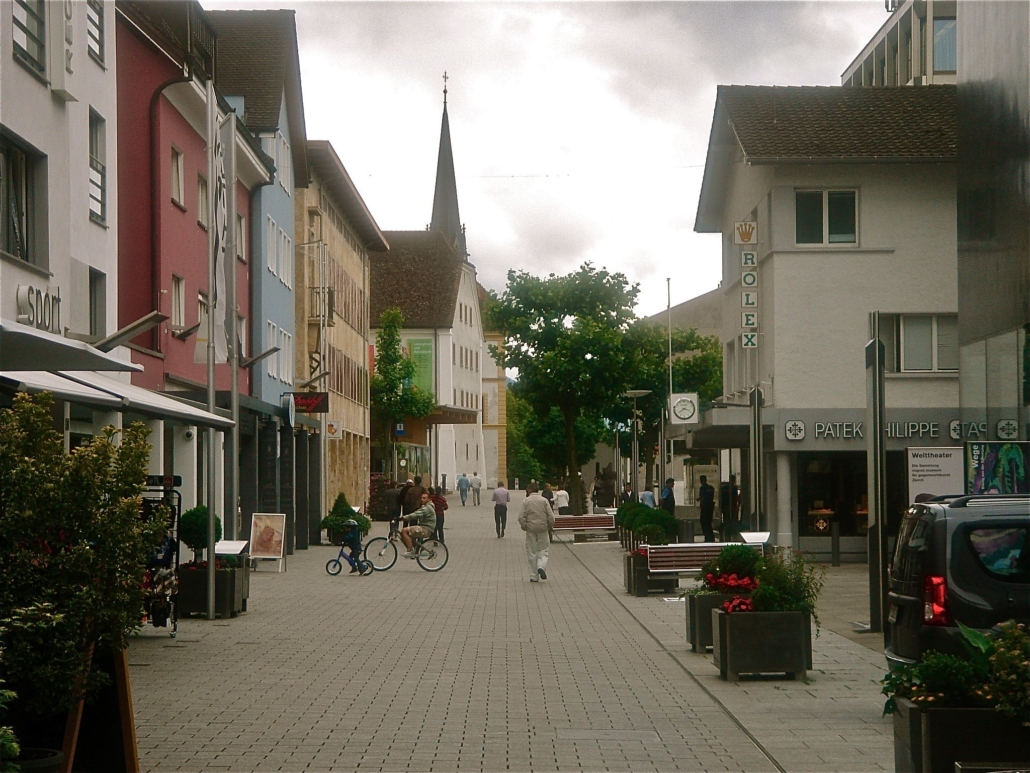Disability and Poverty in Liechtenstein

In a world where approximately 15% of the population lives with some form of disability, the approach of smaller nations like Liechtenstein to this issue continues to draw attention. This article examines Liechtenstein’s efforts to empower individuals with disabilities through policy advancements, technological integration, awareness campaigns and international collaborations. Here is some information about the connection between disability and poverty in Liechtenstein.
About Disability and Poverty in Liechtenstein
The U.S. State Department’s 2020 and 2021 Country Reports on Human Rights Practices highlight Liechtenstein’s ban on disability discrimination. However, recent reports have questioned the effectiveness of government regulations and programs in improving disability accessibility in employment, infrastructure, health care and education.
Reports from the Liechtenstein Institute and the Liechtenstein Association for Persons with Disabilities indicate poor career and education integration for disabled people. Few disabled students attend public schools, and just one-third have accessibility measures. Liechtenstein provides social aid to people without social insurance or with income below a certain threshold. Specific individuals require government aid due to relative disadvantages.
Limited Integration, Economic Challenges and Data Gaps
Liechtenstein’s disabled population faces some challenges, including restricted workforce integration and educational inclusion. Despite existing legal frameworks, comprehensive employment and health accessibility remain uncertain. Economic disparities are evident, with higher unemployment rates and lower wages than the general population. Limited economic research further complicates the issue.
Societal perceptions impact the economic prospects for disabled individuals in Liechtenstein. Discrimination, limited educational access, biases and workplace hurdles all pose challenges. Biases hinder disabled individuals from finding employment, contributing to economic limitations.
Government and NGO Actions
Liechtenstein continues to make efforts to promote disability inclusion and alleviate poverty. Measures include the Disability Equality Act, accessibility initiatives, social assistance frameworks and addressing domestic abuse vulnerabilities. Inclusive education for disabled children is provided through specialized schools and the country’s remedial center.
Nongovernmental organizations (NGOs) play a crucial role in advocating for the rights of disabled individuals in Liechtenstein. These organizations offer support through counseling, awareness campaigns, collaborative services with social services and monitoring of disability-related programs. In addition, these organizations advocate for inclusive employment and leverage international cooperation.
Development of Inclusive Policies
Policies include the Disability Equality Act, emphasis on accessibility, safety nets, enhanced NGO partnerships and employment initiatives in collaboration with NGOs. Positive outcomes result from Liechtenstein’s effective policies, leading to disability empowerment and improved well-being. Procedures such as the Disability Equality Act, enhanced mobility and accessibility, economic security nets and strengthened NGO collaborations have transformative effects on disabled citizens’ lives.
Liechtenstein’s experience in disability inclusion provides a valuable example for other countries. Lessons include the impact of collective advocacy, collaborative partnerships between government and NGOs, focus on inclusive labor markets, prioritizing autonomy and respect and the value of persistent efforts in achieving positive transformations.
A Global Perspective
Liechtenstein’s global impact on disability inclusion is notable. Unique approaches to poverty dynamics, pioneering inclusiveness through legislation and mandates, government-NGO synergy, progressive legislation and advancements in accessibility are commendable. However, there’s room for even more progress.
Liechtenstein is making meaningful progress in enhancing the well-being of its disabled citizens. Key strategies include consistent enforcement of disability laws to ensure equal opportunities in education and employment. Infrastructure upgrades are being made to improve accessibility in public spaces and transportation systems. Additionally, ongoing NGO partnerships provide specialized support and services. The country also prioritizes accessible education to foster a more inclusive environment. Finally, Liechtenstein wants to adopt international best practices to refine its disability policies.
– Roberto Gaziano
Photo: Flickr
